Why Aren't Beautiful Black Women Being Chosen?
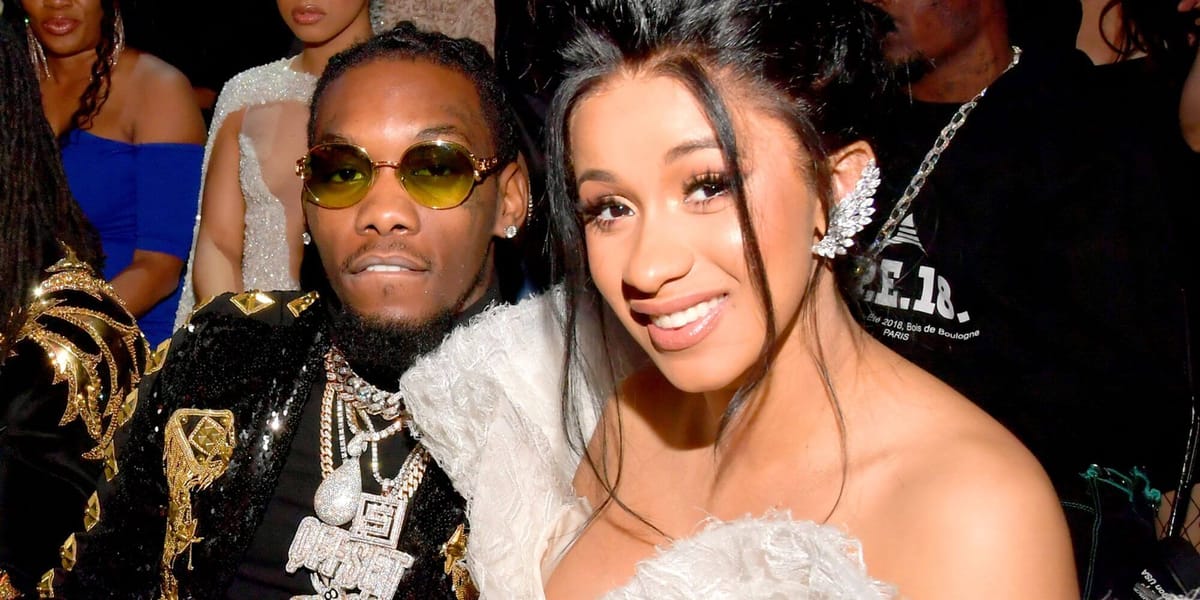
When it comes to marriage proposals, not all demographics are treated equally. More specifically, the question remains as to why black women are not receiving their fair share of proposals. Further, stepping back to simply dating, why is it that black women have the lowest desirability score on all the major dating apps? This blog post will delve into the complex facets of this societal issue, as we attempt to decode why black women are not being chosen.
The Statistical Reality of Black Women and Marriage
Peering into the world of matrimony through the lens of data, it becomes apparent that a concerning pattern is emerging for black women.
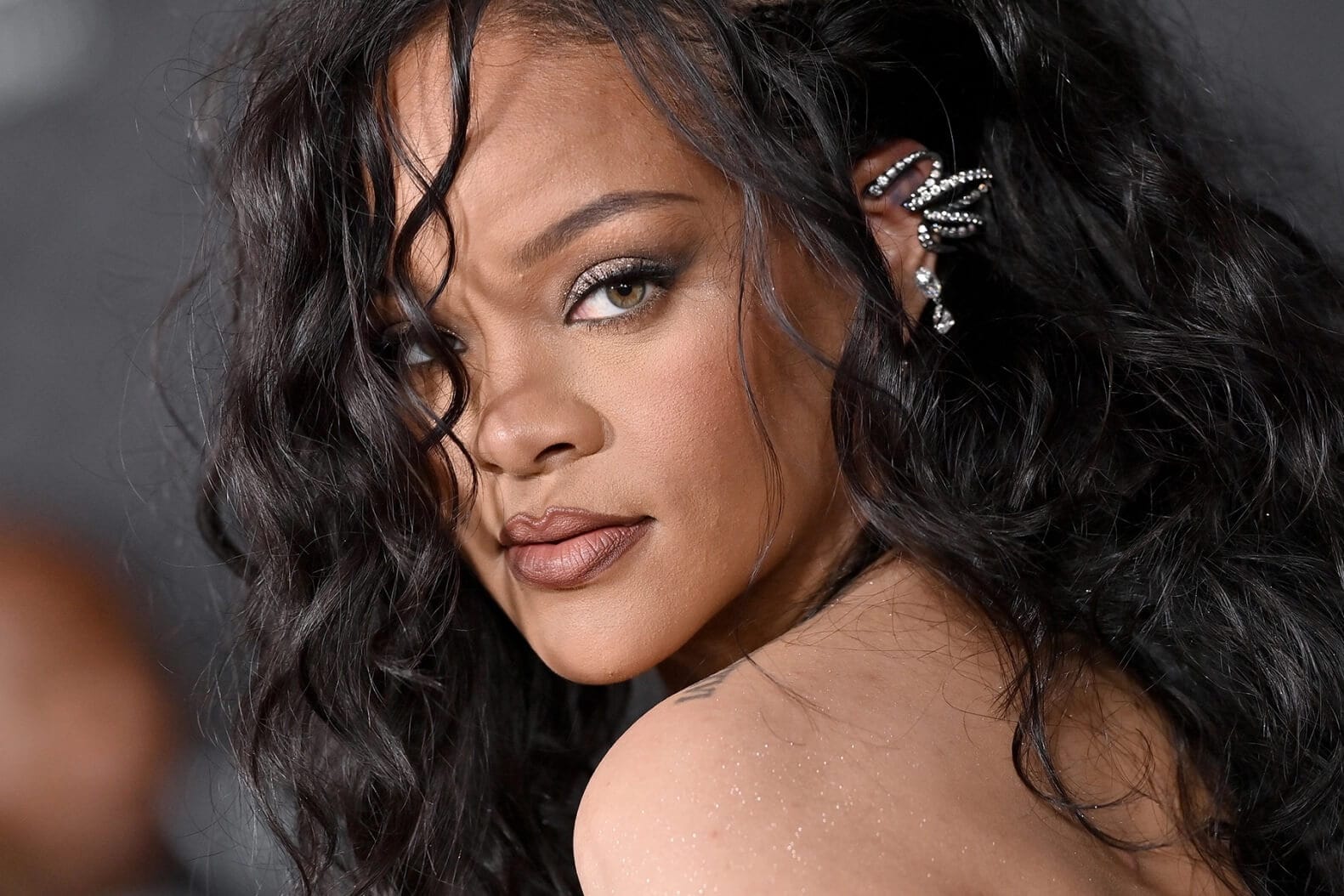
A thorough examination of various studies showcases a harsh reality - black women are notably less likely to be selected as marriage partners in comparison to white and Hispanic women. The numbers certainly don't lie - a staggering 48% of black women remain unmarried, a stark contrast to the 30% of white women in the same situation. The rising wave of singlehood is seemingly crashing harder on black women's shores. It's a sobering fact that challenges us to question why this discrepancy exists and how we can bridge this marital gap.
Unpacking Stereotypes about Black Women
Black women have found themselves at the receiving end of numerous damaging stereotypes over the years. Stereotypes that paint them as either excessively assertive, intimidating, or unattractive have unfortunately found a firm foothold in societal perceptions. These negative caricatures are largely amplified by media and popular culture, thereby shaping and dictating societal preferences. It's not uncommon for these stereotypes to creep into the psyche of potential partners, influencing their choice in mate selection.
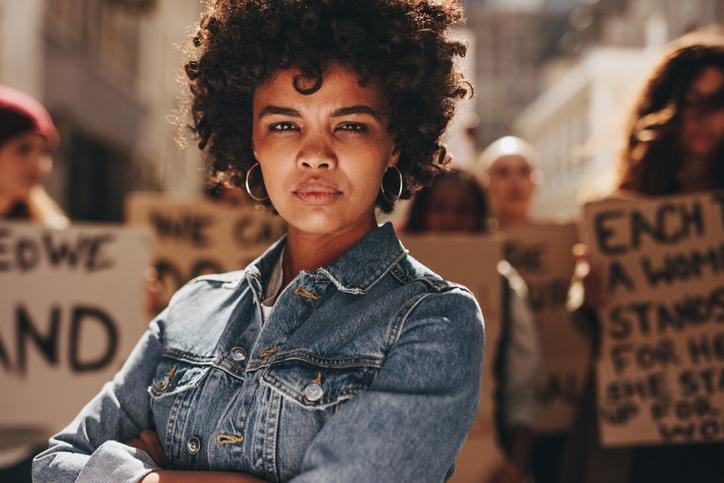
When someone internalizes these stereotypes, it could potentially lead to a bias against black women in romantic pursuits. It's a cycle that feeds on ignorance and misinformation. Therein lies the importance of consciously debunking and unlearning these harmful narratives.
The beauty of black women extends far beyond the shallow parameters of these stereotypes. The richness of their culture, the depth of their strength, the versatility of their beauty, and the warmth of their love, all play a part in painting a truer, more positive picture. Their narratives are as diverse as the array of melanin shades they possess, and there's a pressing need to honor that diversity, rather than diminishing it with oversimplified stereotypes.
Awareness is the first step toward change. By acknowledging and understanding these stereotypes, we can begin to question their validity. To truly tackle this issue, it is vital to encourage conversations that highlight the experiences of black women and the diversity within this group. A collective commitment to reject these stereotypes, and instead, embrace a more nuanced understanding of black women, could go a long way in leveling the romantic playing field. Let's start the journey towards a world where love sees beyond color and stereotype, and black women are celebrated for their unique beauty, strength, and resilience.
The Impact of Socio-Economic Factors on Marriage Rates
Let's dive into the intricacies of how socio-economic disparities can shape marriage rates among black women. The economic environment, including income levels and job opportunities, significantly influence the trajectory of one's romantic relationships. For black women, these factors often create roadblocks in their journey towards matrimony.
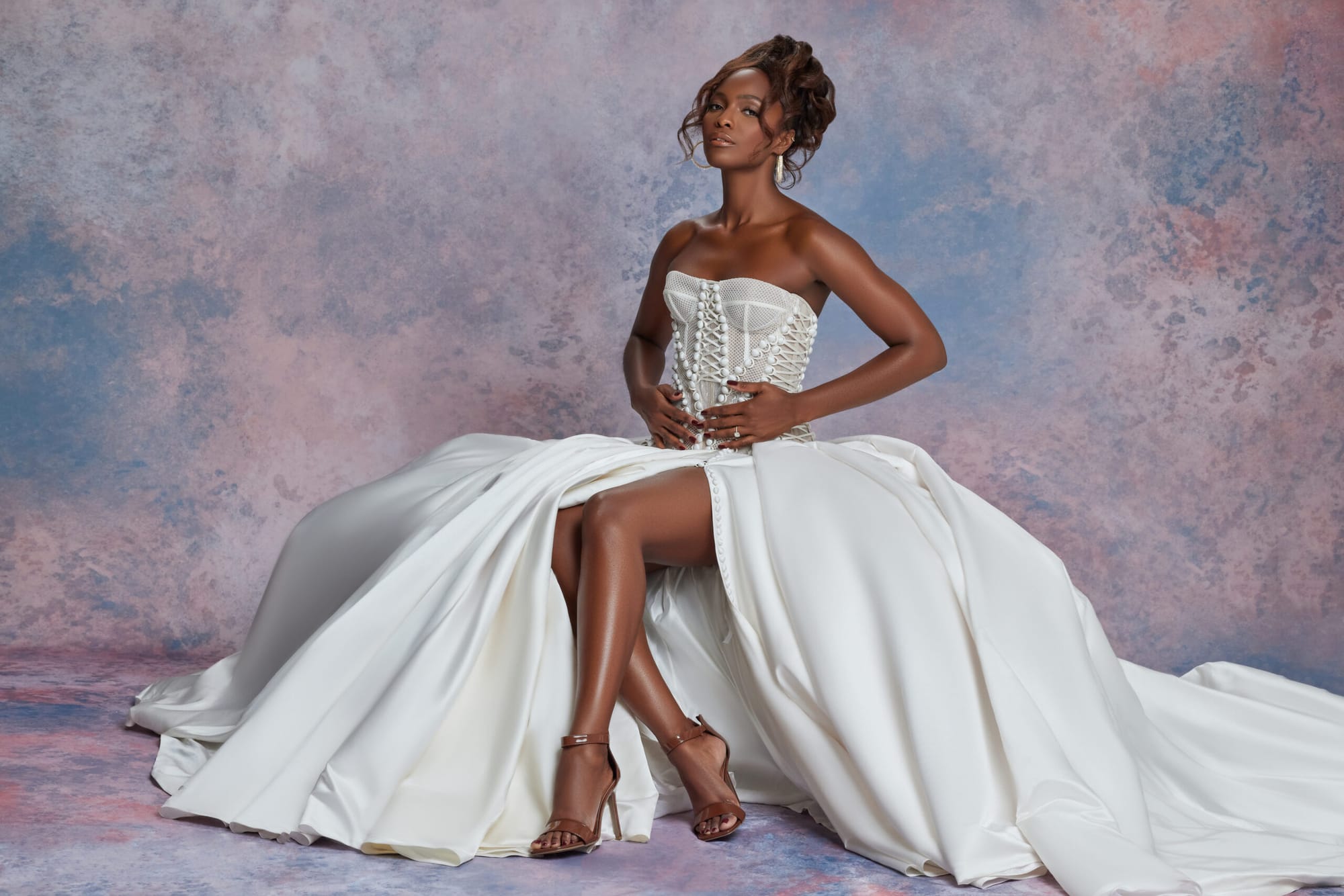
To illustrate, let's consider the issue of income inequality. This economic barrier is notorious for disproportionately affecting black communities. The imbalance in income levels limits social circles and opportunities for black women to meet potential partners. And we can't overlook the fact that economic stability often plays a crucial role in one's readiness to tie the knot.
Next, we shift our focus to education. The lack of equal access to quality education for black women leads to lower employment rates and consequently, reduces their likelihood of crossing paths with potential partners in professional settings. This educational disparity directly impacts their social interaction opportunities, further narrowing their chances of finding a life partner.
Lastly, the dark shadow of employment discrimination looms large. Discriminatory hiring practices and wage disparities often lead to financial instability for black women. This can push the thought of marriage to the backburner as more pressing financial concerns take precedence.
As we unravel these socio-economic factors, it becomes clear that they significantly influence marriage rates among black women. It's a complex web of systemic issues that need addressing for black women to have the same opportunities in love and marriage as their counterparts from other racial and ethnic groups. It's crucial that we shine a light on these factors, not just to understand their effects, but also to start working towards rectifying these deep-seated disparities.
The Role of Cultural Preferences and Biases
The matchmaking dance is undeniably influenced by cultural preferences and biases, many of which are deeply rooted and often unchallenged. An element that particularly impacts black women in this context is colorism - an insidious prejudice that places a higher value on lighter skin tones. Tragically, this bias is not confined to one culture or community but is a global phenomenon that adversely affects darker-skinned black women in their search for a life partner.
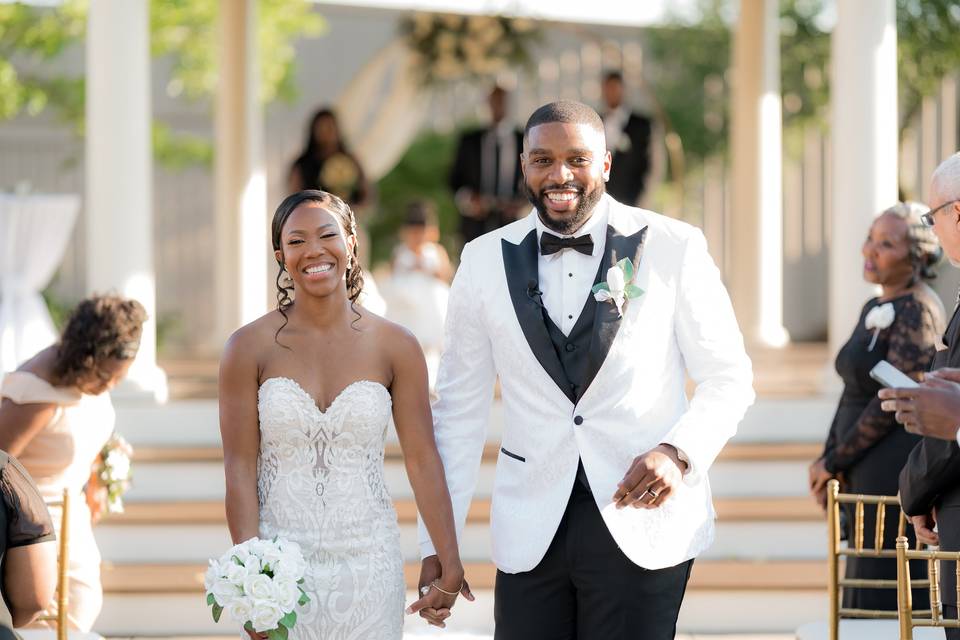
Compounding this, Western beauty standards tend to favor characteristics that are less frequently associated with black women. From hair texture to body shape, these prevailing beauty ideals, which are widely disseminated and normalized through media, often do not represent, or celebrate the unique features of black women. This exclusion not only affects the self-perception of black women but also influences societal perceptions, including the desirability of black women as potential mates.
To fully understand this issue, it is essential to acknowledge that these biases do not operate in a vacuum. They are shaped and perpetuated by societal structures and institutions, such as the media, education systems, and even our own families and communities. These biases, be they overt or covert, can subtly dictate our preferences, including whom we find attractive or see as a suitable partner.
In a nutshell, the cultural preferences and biases that exist in our society are powerful forces that can shape the narrative around the desirability of black women. By confronting these biases, we can begin to dismantle the barriers they create. The journey toward a more inclusive society, where every woman, regardless of her skin tone or race, is seen as equally desirable, begins with each of us challenging our own biases and pushing back against harmful cultural preferences.
Addressing the Issue and Encouraging Change
Navigating the way to a solution requires a multi-faceted strategy. It's imperative that we, as a society, rise to the challenge of dismantling the damaging stereotypes that black women confront daily. Their strength, resilience, and beauty need to be recognized and celebrated, rather than clouded by unfounded misconceptions.
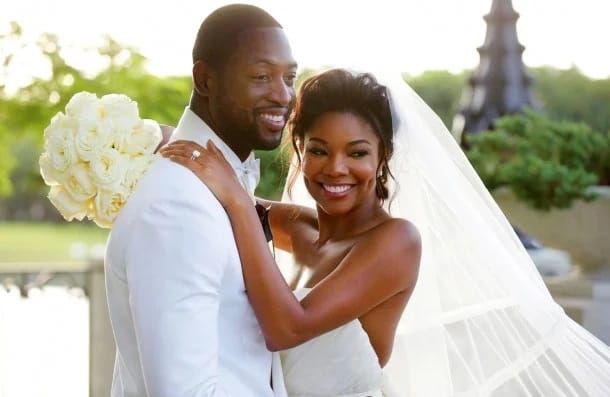
We must also address systemic disparities that continue to impact black communities, putting black women at a socio-economic disadvantage. This entails levelling the playing field by focusing on income equality, equal access to quality education, and eradicating discriminatory hiring practices. A collective effort towards this direction could provide black women with the same opportunities to find love and companionship as women from other racial and ethnic backgrounds.
And let's not forget the biases that lurk within our own cultural preferences. We need to question our ingrained notions of beauty, which currently favor characteristics less commonly associated with black women. By broadening our definition of beauty, we can start to chip away at the colorism and biases that have long influenced the desirability of black women. We can redefine our societal norms by celebrating the unique attributes of black women, thereby encouraging a more inclusive environment.
However, none of these systemic changes can come to fruition without individual responsibility. As members of society, we each have a role to play. By reflecting on our own biases, we can start to recognize how they influence our perceptions and actions. Actively challenging these biases not only allows us to grow as individuals, but it also contributes to a more equitable society where all women, regardless of skin color or race, are seen as equally desirable. This journey may be arduous, but the end result – a fair, inclusive society – is worth the effort. Final thought, black men, if you have a young black woman in your life, be sure to model yourself as a capable leader, provider and protector so she has a positive black, male role model in her life that teaches her respect.
Let me know your thoughts.





